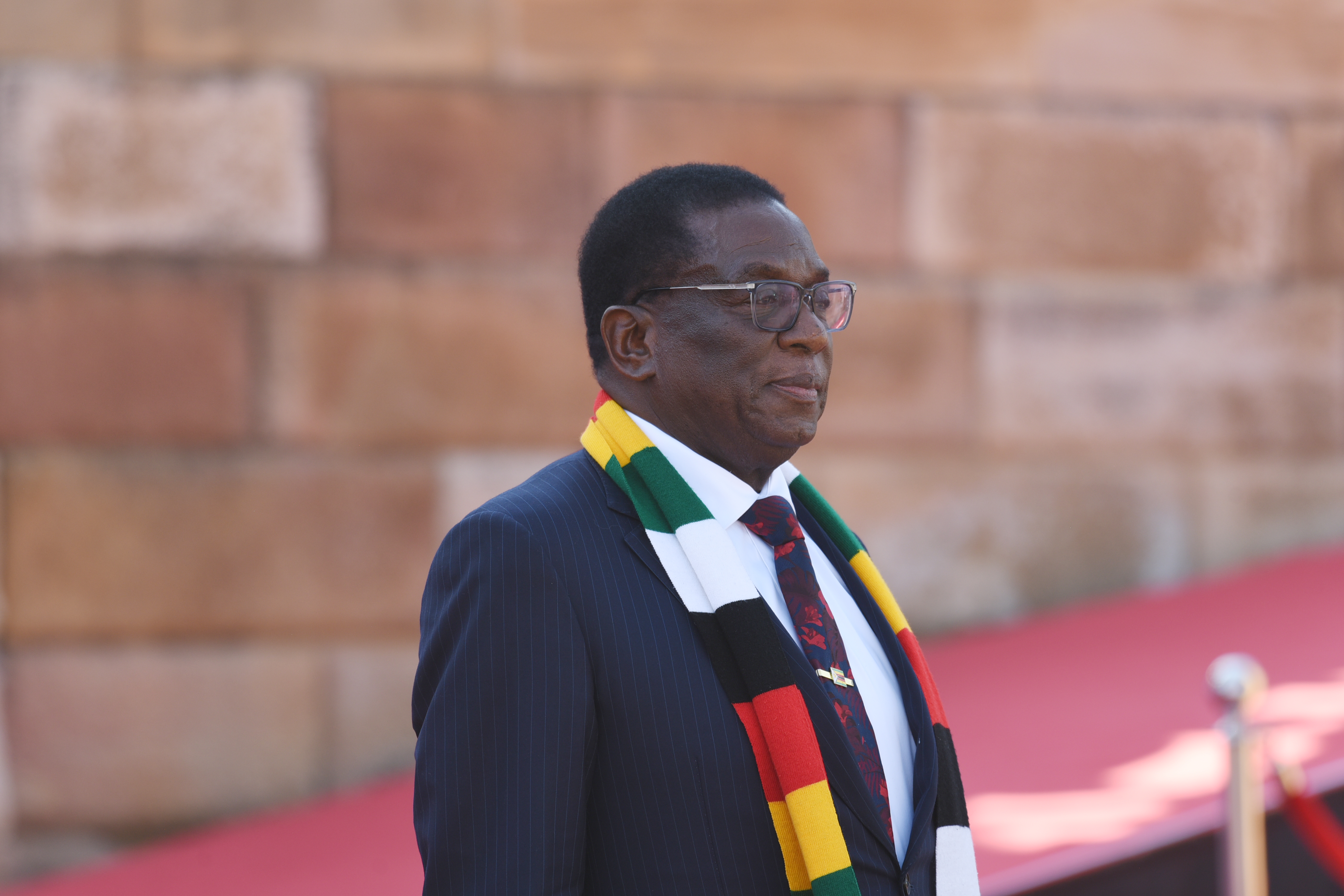The Southern African Development Community (SADC) is supposed to advance democracy and human rights in its 16 member states. But its annual summit, which took place in Harare on Saturday, 17 August, is likely to be seen as advancing political repression instead.
Certainly in Zimbabwe, at least, where the ruling Zanu-PF has forcefully cracked down on its political opponents over the past few weeks, arresting, detaining and, in some cases, allegedly torturing about 165 of them, precisely out of fear that they would embarrass President Emmerson Mnangagwa by demonstrating against him at the summit.
Opposition stalwart David Coltart, the mayor of Bulawayo, called the crackdown “preventative detention”, predicting the oppositionists would be released after the summit. Preventative detention is clearly also what happened in another SADC member state, Tanzania, last week.
The ruling Chama Cha Mapinduzi party suppressed opposition demonstrations, and hundreds of members of the main opposition Chadema party were detained to prevent them from holding a rally in Mbeya to celebrate International Youth Day on Monday, 12 August. They were released a day later.
Democracy and respect for human rights are enshrined in the SADC Treaty. But it was unlikely that the summit leaders would embarrass Mnangagwa, in particular, by calling him to account while he was hosting them in Harare.
There also seemed to be little hope that the SADC leaders would do much to remedy the democratic deficits in another member state, Eswatini. Violent demonstrations against the absolute monarchy of King Mswati III in 2021 jolted SADC into taking notice of the problem and trying to persuade Mswati to embark on a national dialogue to address the concerns of the political opposition.
Sliding off the agenda
/file/dailymaverick/wp-content/uploads/2024/08/ED_509713.jpg)
But Mswati has been stalling ever since and no such dialogue has begun. Eswatini was put on the agenda of SADC’s organ for politics, defence and security, which deals with threats to regional stability, in 2021. Then Eswatini appeared to slide off the agenda, and there was no reference to it in the communiqué of the 2023 SADC Summit.
In a briefing on Monday, 12 August, Department of International Relations and Cooperation (Dirco) spokesperson Clayson Monyela said the SADC Summit in Harare was expected to receive a report about on the engagements in Eswatini had gone and what progress had been made. The summit leaders would then chart a way forward.
Piers Pigou, head of SADC research at the Institute for Security Studies, suggested that no one should hold their breath expecting SADC to address these democratic deficits.
“The challenge of political repression in Zimbabwe, Tanzania, Eswatini and elsewhere will be, in the main, sidestepped. These issues may well be flagged in some internal discussions, but they are not in the formal SADC agenda and there [are] no ostensible remedial channels in SADC to address them,” Pigou said.
“The modalities of the regional body enable avoidance under ‘principles’ of sovereignty and non-intervention. Only if there is serious blood on the floor or instability has clear wider regional implications, will the main summit be proactive. But even then there is no clear set of parameters.”
Consistent with Pigou’s observation that it takes bloodshed for SADC to take notice, the summit was expected to address two regional security issues: the protracted violence in the Democratic Republic of Congo (DRC) and the insurgency in northern Mozambique.
SADC deployed a military force called the SADC Mission in the DRC (SAMIDRC) in December. Comprising soldiers from South Africa, Tanzania and Malawi, its aim is to neutralise armed rebel groups destabilising the east of the country – mainly the M23, which is backed, militarily and otherwise, by Rwanda, as the UN has confirmed.
The SAMIDRC has been struggling to suppress the M2, in part because it lacks the necessary weapons to counter those that Kigali is supplying to the M23. Several South African and Tanzanian soldiers have been killed and analysts have questioned the merits of the mission.
But at the Dirco briefing, International Relations and Cooperation Minister Ronald Lamola credited the force with creating conditions for the ceasefire between the DRC and Rwanda, which was brokered by Angolan President Joao Lourenço and extended on 4 August. Some observers have said that not all combatants are observing the ceasefire and it is also unclear what the framework for political negotiations would be.
The SADC leaders were also expected to review the SADC Mission in Mozambique (SAMIM), which was deployed in the province of Cabo Delgado to defeat the Ahlu Sunnah Wal Jama’a (ASWJ) Islamist insurgents affiliated to the Islamic State. The SAMIM completed its withdrawal from Mozambique in July, declaring, in effect, “mission accomplished”.
The summit leaders would have been obliged, more or less, to endorse that judgement. But the ASWJ has not been defeated entirely, even if it has been weakened. The SADC has basically left the job to the Rwandan army, which also deployed in July 2021 at greater strength and will continue the fight.
“The SAMIM’s withdrawal reflects a political and diplomatic failure for the region,” Pigou and independent analyst Jasmine Opperman wrote in May. “The SAMIM didn’t achieve a battlefield victory.” DM
This story first appeared in our weekly Daily Maverick 168 newspaper, which is available countrywide for R35.
You may write a letter to the DM168 editor at heather@dailymaverick.co.za sharing your views on this story. Letters will be curated, edited and considered for publication in our weekly newspaper on our readers’ views page.






 Zimbabwean President Emmerson Mnangagwa attended the inauguration of South Africa’s President Cyril Ramaphosa in Pretoria on 19 June 2024. (Photo: Frennie Shivambu / Gallo Images)
Zimbabwean President Emmerson Mnangagwa attended the inauguration of South Africa’s President Cyril Ramaphosa in Pretoria on 19 June 2024. (Photo: Frennie Shivambu / Gallo Images)